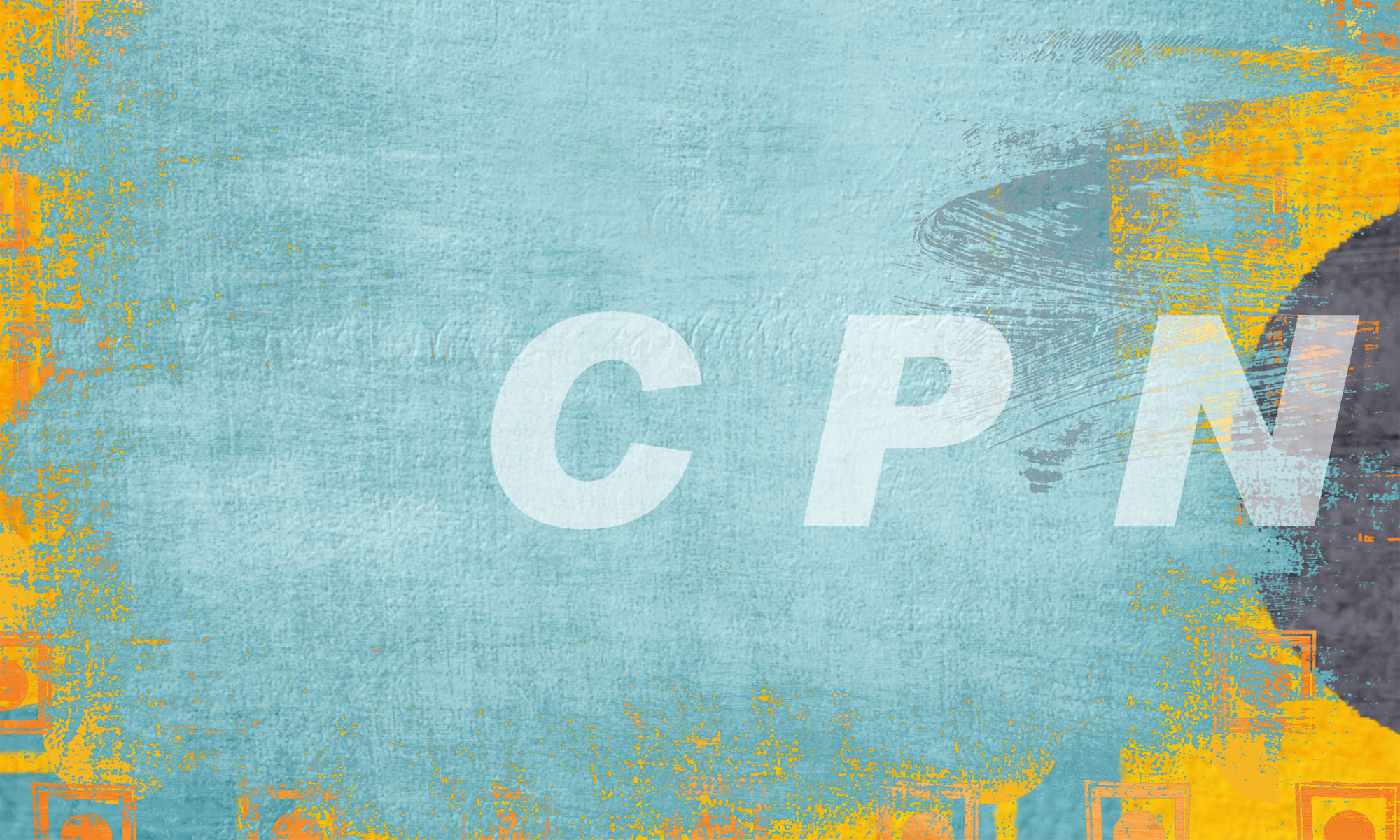His Excellency Mr. Mahmud Ali Durrani, Pakistani Ambassador to the U.S., spoke recently as part of the University’s Ambassador Lecture Series. He spoke about the need for friendship between the two countries.

Charlottesville Podcasting Network
Lectures, radio shows and more available on-demand
His Excellency Mr. Mahmud Ali Durrani, Pakistani Ambassador to the U.S., spoke recently as part of the University’s Ambassador Lecture Series. He spoke about the need for friendship between the two countries.
Bernard Carlson, Professor of Science, Technology and Society at the University of Virginia, explores the ways that people have used technology to shape history, in “Technology in World History.” In this installment Carlson discusses architect Pierre L’Enfant’s second American city.
Bobby Seale, co-founder of the Black Panthers, discusses the differences between the atmosphere in which his organization was created and today.
Scott Acton is a professor of Electrical and Computer Engineering at U.Va, and the director of the Virginia Image and Video Analysis program. He describes his work by telling the story of how he helped a researcher determine if a man in an old photograph was none other than an elderly Billy the Kid. This presentation is part of The Best of U.Va: A Collection of Unforgettable Lectures, a popular one-credit course.
Michael Rein, M.D., and Mark Stoler, M.D., of UVA give the 2007 Gibson Lecture of the Cancer Center, discussing the new vaccine against cancer-causing strains of human papilloma virus that promises to virtually eradicate cervical cancer, yet Gardasil’s use is not without controversy. Who should be vaccinated? At what age? At what risks? Who decides? Should vaccination be mandatory? Who pays?
Chad Dodson, assistant professor of psychology, discusses his work on the differences eyewitness testimony between younger and older adults.
Mary Frances Berry, former U.S. civil rights commissioner and longtime activist, speaks at the University of Virginia on Feb. 15 in Old Cabell Hall Auditorium. Berry is the keynote speaker for Black History Month and heads the list of several notable visitors and events being held at the University.
Bernard Carlson, Professor of Science, Technology and Society at the University of Virginia, explores the ways that people have used technology to shape history, in “Technology in World History.” In this installment Carlson explores the history of mass production  a history that began long before Henry Ford.
Rosemarie Garland-Thomson, Ph.D., of Emory University and Walt Davis, M.D., of UVA discuss how we view, define and represent persons with disabilities and how it reflects our social and cultural values, including our ideas of what’s “normal.” How might new portraits of disability help to reframe our understanding?
James Schlesinger, who served as both director of the Central Intelligence Agency and Secretary of Defense, discusses the professorship that he has established in the Miller Center of Public Affairs.
In her 2007 Ridley Lecture, Jacqueline Jordan Irvine compares educators and “starfish throwers.”
Mike Szymanczyk, chairman and chief executive officer of Philip Morris USA, discusses the $25 million gift that the Richmond-based company has made to U.Va.